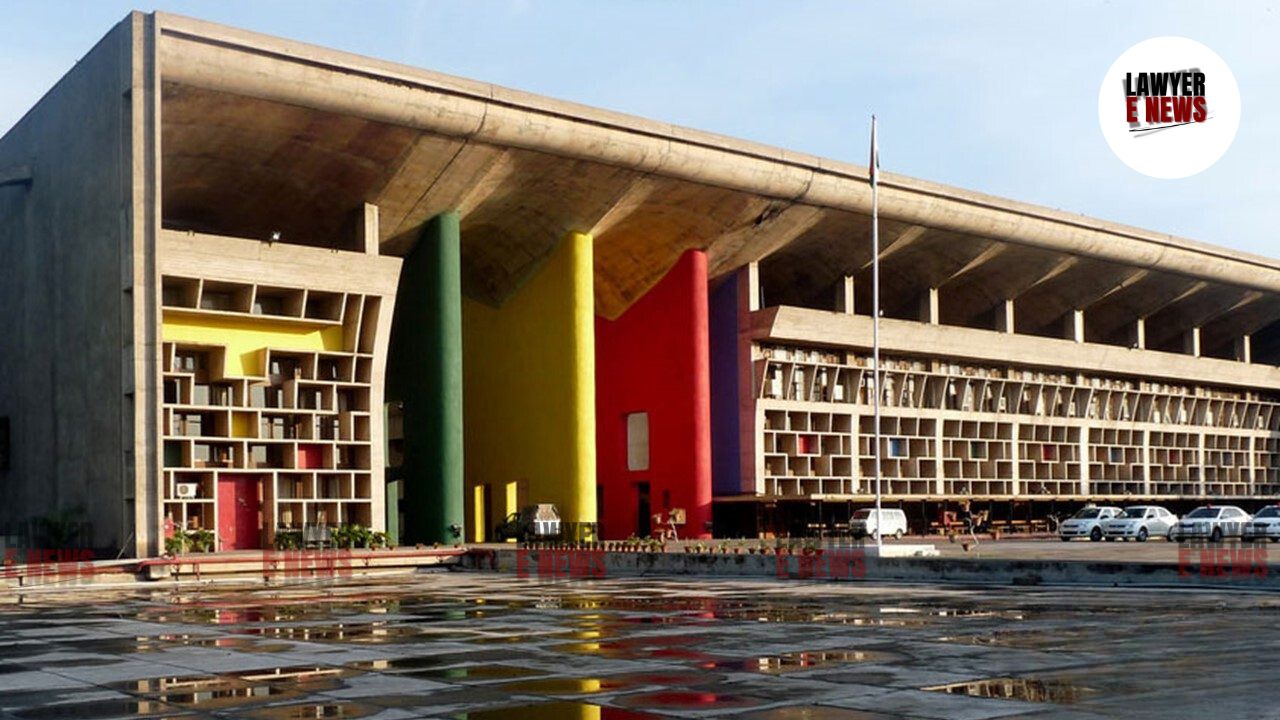-
by Admin
15 February 2026 5:01 PM



In a crucial ruling Punjab and Haryana High Court dismissed a civil revision petition filed by tenant Surinder Singh Joshi seeking to transfer two rent petitions to the same court. Justice Vikas Bahl, while delivering the judgment, emphasized that the petitions, although related to the same premises, involved distinct legal grounds and procedural frameworks, making their consolidation unwarranted.
The two petitions, filed under the East Punjab Urban Rent Restriction Act, 1949, pertained to separate legal issues. One petition, filed under Section 13-B of the Act by respondent Jessica Dhillon, sought eviction on the grounds of the special rights afforded to Non-Resident Indians (NRIs). The other petition, filed under Section 13 by Dhillon and three co-owners of the property, alleged non-payment of rent amounting to arrears since October 2015. The tenant, Surinder Singh Joshi, had sought the transfer of both cases to the same court under Section 24 of the Code of Civil Procedure (CPC), citing convenience for both parties.
The High Court upheld the order passed by the District Judge, Chandigarh, on November 21, 2024, which had rejected the transfer application. The Court reasoned that the causes of action in the two cases were fundamentally different and involved distinct legal principles and procedures. While the Section 13-B petition required summary adjudication under Section 18-A of the Rent Act, the Section 13 petition followed the regular trial process. Justice Bahl noted that the summary nature of Section 13-B proceedings mandates their expedited resolution, which could be hindered by consolidating it with a Section 13 case.
The Court further observed that there were no overlapping legal or factual issues between the two petitions, eliminating the possibility of conflicting judicial findings. The tenant’s argument that transferring the cases to the same court would enhance convenience was rejected, as mere convenience cannot override statutory distinctions and procedural integrity.
The High Court also highlighted the special nature of NRI eviction cases under Section 13-B. It underscored that these cases are governed by specific procedural safeguards outlined in Section 18-A, which ensure a swift and summary process. Justice Bahl remarked that equating such cases with ordinary rent disputes under Section 13 would defeat the legislative intent behind the special provisions for NRIs.
In dismissing the civil revision petition, the Court reaffirmed the importance of maintaining the procedural independence of cases filed under different sections of the Rent Act. The decision emphasizes judicial efficiency and the integrity of legal processes designed to address distinct issues. The High Court concluded that the transfer application was without merit and upheld the District Judge’s decision to keep the two cases separate.
This ruling highlights the Court's commitment to upholding procedural fairness and ensuring that legal provisions specific to NRI landlords are applied as intended by the legislature.
Date of Decision: December 9, 2024
